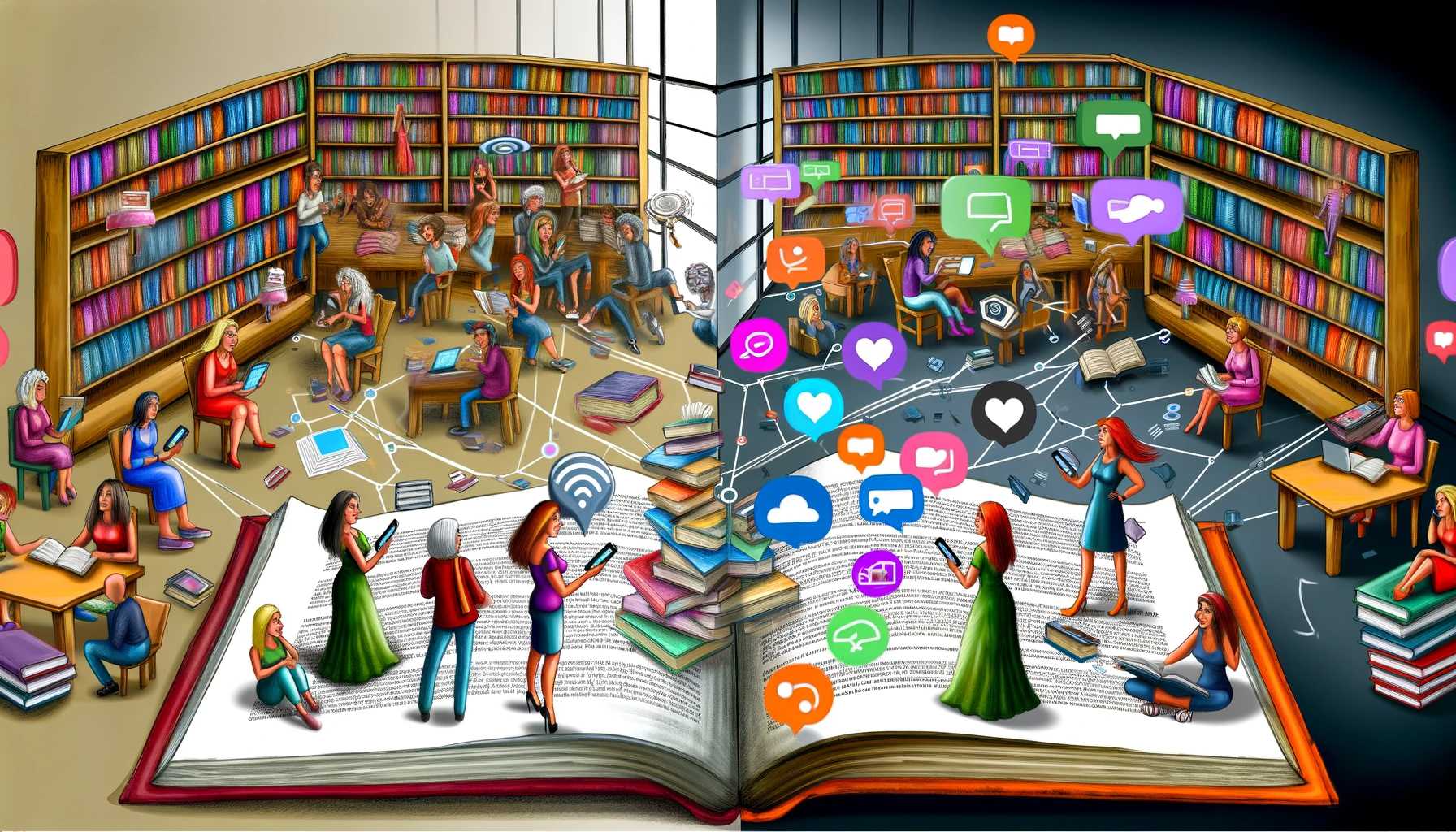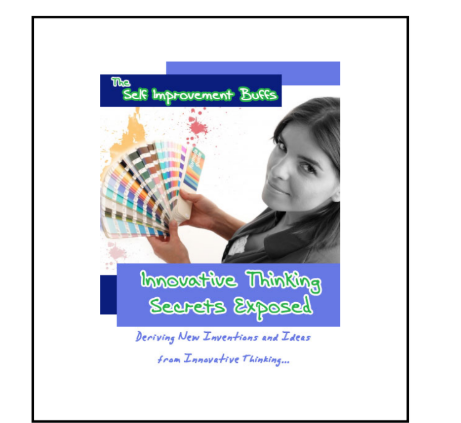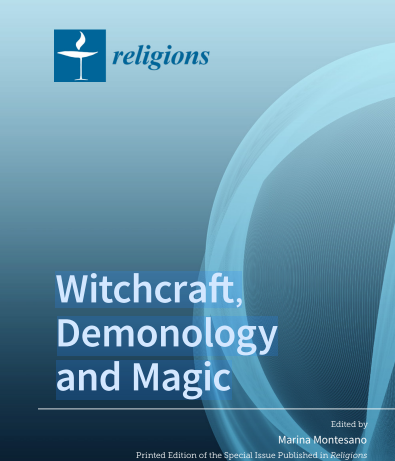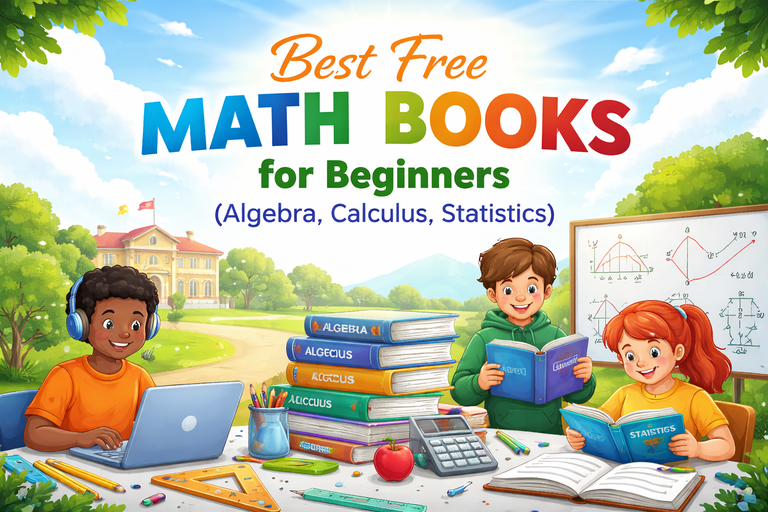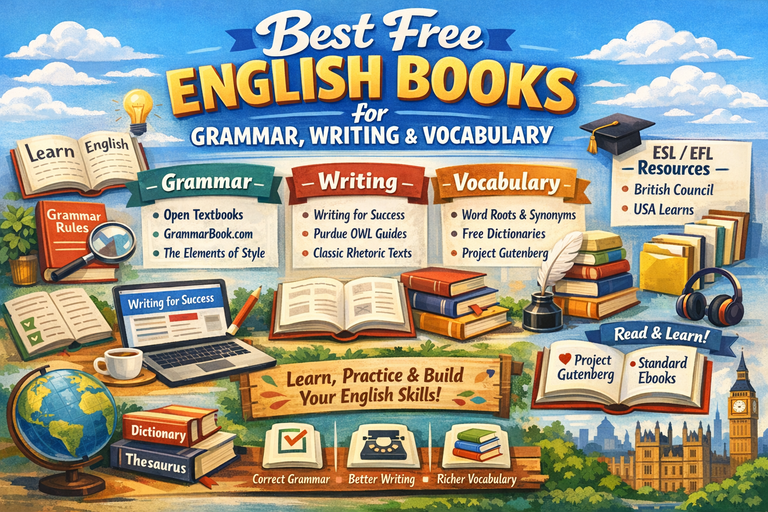THE RISE OF BOOK INFLUENCERS
Everyone is a brand in today's society, according to Laura McNeill, a literary agent at Gleam Titles, the literary division of Abigail Bergstrom's influencer management and marketing firm founded in 2016. The firm generated many of the best-selling books in the UK over the past few years, from Instagram cleaning sensation Mrs. Hinch's Hinch Yourself Happy to feminist illustrator Florence Given's Women Don't Owe You Pretty, which sold for enormous sums to established publishing houses.
The rise of social media platforms like Instagram and YouTube has revolutionized the way book enthusiasts connect, share, and engage with literature. These platforms have become powerful tools for readers and authors alike, offering unique opportunities to explore, discuss, and promote books in innovative ways.
Commercial non-fiction and celebrity autobiographies have been around for a while. With an emphasis on "writers who are using social media and the online space to share their content in a creative and effective way," Gleam Titles operates in a more targeted manner. For the customers that McNeill and her colleagues serve, being called an author could simply be one aspect of a multihyphenated job that also includes being called an Instagrammer, podcaster, or company founder. These writers need different management than typical literary writers because their publications will become a part of their branding. "I believe that the shift toward talent agencies having internal literary departments is a result of these types of talent being a little more picky," McNeill stated. "I'd rather not go" across as if those clients are difficult.
Publishers bidding for books by influencers are mostly drawn to them because these authors have loyal followings who are eager to buy. Gleam recognizes the significance of these numbers, as seen by the fact that it displays writers' Instagram and Twitter followings alongside their biographies on its website. Publisher Fenella Bates noticed Sophie Hinchcliffe's astonishingly rapid ascent on Instagram, having expanded her following from 1,000 to 1.4 million in just six months, when she purchased the rights to Hinch Yourself Happy in December 2018. After the "slimming" recipe book Pinch of Nom, the book became the second fastest-selling non-fiction title in the UK after selling 160,302 copies in three days of release in April 2019.
A publisher looking to sell books would highly value someone who has successfully used this audience to promote a cause, sell items, or build their own successful personal brand. Furthermore, the authors are now "cast-iron propositions" for publishers because of the ease with which the size of these audiences can be measured thanks to the workings of social media, according to Caroline Sanderson, associate editor of the trade publication The Bookseller, who has noted a sharp rise in the quantity of books authored by social media celebrities in recent years.
A representative for Octopus Books, which released Florence Given's Women Don't Owe You Pretty in June 2020, asserted that an influencer's reputation can also be elevated by a book deal. Upon obtaining the book, given and about 100,000 Instagram followers. "Her book was picked up because she was a great writer, not a celebrity," they claimed. She had 150,000 followers at the time of the announcement, and by the time the book was released, that number had increased to about 350,000. The book's popularity and its message expanded along with it. Women Don't Owe You Pretty has sold over 200,000 copies as of August 2021, after spending 26 weeks in the Sunday Times bestseller charts, according to data from Nielsen BookScan.
In her previous role as an agent at Peters Fraser and Dunlop, a literary and talent agency that was established in 1924, McNeill sold books by Chidera Eggerue, also known as "the Slumflower," and by "Chicken Connoisseur" Elijah Quashie, best known for his Youtube show The Pengest Munch. During the process, McNeill realized she was working with a new type of author: Eggerue and Quashie "wanted to talk about the branding and the image and the 360-element of it a lot more than any other writers I’d worked with before,” she said.
Some may feel inherently suspicious of the authenticity of anyone who makes a career out of social media, a pursuit often deemed trivial or shallow. Such suspicions – which often appears as disdain, or even ridicule – are prevalent in the publishing industry regarding books written by influencers, McNeill said. She told me she has observed a “snobbishness” about the books she works on, “from industry insiders way more than from the public”. One criticism often levelled against influencer authors is that they use ghostwriters. “There’s a misconception that none of these people write their own books, but plenty of them do,” McNeill said. “They’re creative talents and perfectly capable, but they might just need a bit more hand-holding and editing.”
The Slumflower's Guide To Why You're Already Enough, published by Quadrille, sold 1,961 copies in its first week of publication (Nielsen BookScan, July 2018). According to McNeill, "they just picked it out" and put it on the "manuals" category instead since its subtitle contained the word "guide." This should have put it fourth on the Sunday Times general hardbacks bestseller list the following week. According to her, this proves how unwilling the industry is to acknowledge the book's importance and comprehend its character.
The publishing industry has been credited with being helped by the ongoing success of books like Hilary Mantel's The Mirror and the Light and Sally Rooney's Normal People, as well as Charlie Mackesey's The Boy, The Mole, The Fox, and the Horse, and other highly popular titles that have been released in the last 18 months. Since best-selling books in any genre encourage people to read and visit bookstores, it stands to reason that they benefit the business as a whole. However, "the Reaganomic idea of a trickle-down system" was deemed a "fallacy" by Kit Caless, co-founder of the independent London publisher Influx Press. The assertion that an extremely successful book—like Stacey Solomon's Tap to Tidy, which appeared in the Sunday Times for ten weeks— bestseller list, could be a “gateway drug” into reading is “patronising” and “tokenistic”, he said. “If they’re having to use Stacey Solomon as a Trojan horse to get people to read, I think that’s a failure on behalf of publishers to engage those readers in the first place.”
For the Bookseller’s Caroline Sanderson, it’s exciting that books still hold value among people who have found their success in the digital age. “I always think it’s amazing when people have built a platform on Twitter or Instagram, or increasingly TikTok, and the thing that they most want to do is a book, that it’s still the ultimate medium,” she said. She thinks the trend signifies “a real vote of confidence in what books are and what they can do and who they can reach”.
Sanderson reported that she had heard of individuals asking, "Where can I buy that?" since they had never thought about buying a book before, but they were eager to read it after seeing it promoted on social media. It demonstrates that there are those who may buy books even though they don't now. That's the holy grail for me. They might purchase another book if they purchase one. She acknowledges, however, that since many "non-traditional" book purchasers make up the commercial non-fiction industry, it is likely that they will purchase online, frequently through Amazon. "It's concerning how much they help our high street bookstores."
THE INFLUENCE OF ADVICE
Influencers on books, such as those on Bookstagram and BookTube, have a big influence on what people choose to read. Their suggestions can significantly influence what people choose to read for a number of reasons:
Confidence and Human Relationship:
- Book influencers frequently help their followers develop a sense of trust and intimacy.
- Readers or viewers perceive them as fellow book lovers who share their enthusiasm. Because of this trust, followers are more inclined to think about and follow these influencers' advice.
Diverse Reading Lists:
A wide variety of book recommendations can be found from book influencers who frequently read widely in a variety of genres.
Influencers that cater to a diverse range of reading tastes have the ability to introduce their followers to books that they might not have otherwise come across.
Comprehensive Reviews and Insights:
- A lot of book influencers offer comprehensive reviews and insights into the books they suggest. Plot synopses, character development, literary styles, and emotional effect are all covered.
- These thorough evaluations make it easier for readers to choose whether a book fits with their reading tastes by letting them know what to anticipate from it.
Finding Hidden Gems:
- Book influencers frequently draw attention to underappreciated or underrated books that might not receive a lot of publicity or mainstream attention.
- By highlighting these hidden gems, they introduce their followers to distinctive and underappreciated works.
Thematic Recommendations:
- Influencers can curate reading lists around specific themes, seasons, or reading challenges.
- These themes can be engaging and inspire readers to try new genres or topics. For instance, a themed “summer reading” list can inspire readers to find books that are appropriate for the season.
Reading Challenges and TBR Lists:
- Book influencers frequently take part in reading challenges and share their "To Be Read" (TBR) lists.
- These challenges and lists can motivate followers to set their reading goals.
Community Engagement:
- Influencers often engage in discussions with their followers, creating a sense of community around shared reading experiences.
- These discussions encourage followers to read the same books and participate in book-related conversations, further amplifying the impact of the recommendations.
Convenience and Accessibility:
- Book influencers make it easy for their followers to obtain recommended books by providing links or information on where to buy or borrow them.
- This accessibility facilitates the transition from making a recommendation to actually reading the book.
The Prospects of Literary Influencers
Bookstagram and BookTube have a lot of exciting things in store for the future as they develop to better suit the shifting demands and tastes of its customers. Here are some conjectural ideas about how they might progress:
Integration of E-commerce options:
Bookstagram and BookTube may be able to more successfully integrate e-commerce components as social media platforms continue to include retail options. This could involve improved links to retailers, affiliate marketing, and direct book purchasing.
Improved Community Functions:
In order to strengthen the bonds between readers and creators, these platforms could include features such as online book clubs, group chats, or cooperative reading challenges. The sense of community among users would grow as a result of these improvements.
Enhanced Inclusivity and Accessibility:
Bookstagram and BookTube may concentrate on enhancing accessibility for people with impairments in order to reach a wider audience. They might also try to be more inclusive by including a range of viewpoints and voices.
Virtual reality (VR) and Augmented Reality (AR):
VR and AR technologies could make book-related experiences more immersive. Readers could use AR apps to explore book settings or VR to attend virtual book events and author readings.
Personalization and Recommendation Algorithms:
Both platforms might invest in sophisticated recommendation algorithms to offer personalized book recommendations based on users' reading preferences, favorite creators, and genres.
Diversification of Content Formats:
Although images and videos will always be important, Bookstagram and BookTube may investigate new content formats like podcasts, interactive storytelling, or short-form video platforms like TikTok to adapt to changing consumer habits.
Enhanced Author Participation:
Writers might take an even more active role on these platforms, organizing virtual book launches, interacting with readers directly, and providing fans with access to unique content. This has the potential to close the gap even further between artists and their audience.
Regulation of Content and Authenticity:
In order to protect the integrity of reviews, suggestions, and promotions, these platforms may impose stronger content policies and transparency rules if worries regarding authenticity and moral behavior continue.
Environmental Awareness:
Bookstagram and BookTube may emphasize sustainability and ecologically conscious reading habits more, addressing concerns about book creation and disposal, given the physical nature of books.
In summary
The literary world has been significantly impacted by Bookstagram and BookTube in a number of ways:
1. Expanding Readership: Thanks to these platforms, books are now available to a wider range of readers, inspiring them to check out authors and genres they may not have previously discovered.
2. Supporting Diverse Voices: BookTube and Bookstagram influencers have played a significant role in elevating marginalized authors' voices and encouraging diverse perspectives, which has increased literary diversity.
3. Influence on Reading Trends: The suggestions of literary influencers have the ability to influence reading trends by increasing the popularity of particular books and genres and boosting their financial success.
4. Author-Reader Engagement: By using these platforms, authors may communicate directly with their readers, building a more intimate and dynamic relationship with their readership.
5. Book Discovery: As the go-to places for book recommendations, Bookstagram and BookTube have made it simpler for readers to find new.
6. Community Building: In the digital age, these platforms have created thriving online reader communities where individuals can interact, converse, and share their passion for books.
7. Alternative Marketing Channel: In order to reach a wider audience, publishers and authors are using Bookstagrammers and BookTubers as powerful partners in book promotion and marketing.
8. Promotion of Literacy: These platforms foster a culture of literacy and a love of reading among younger generations by showcasing books and reading.
Overall, Bookstagram and BookTube have become essential components of the contemporary literary landscape, democratizing book discussions, fostering inclusivity, and amplifying the voices of both established and emerging authors. They continue to shape reading habits, promote diverse literature, and engage readers in unique and interactive ways.

